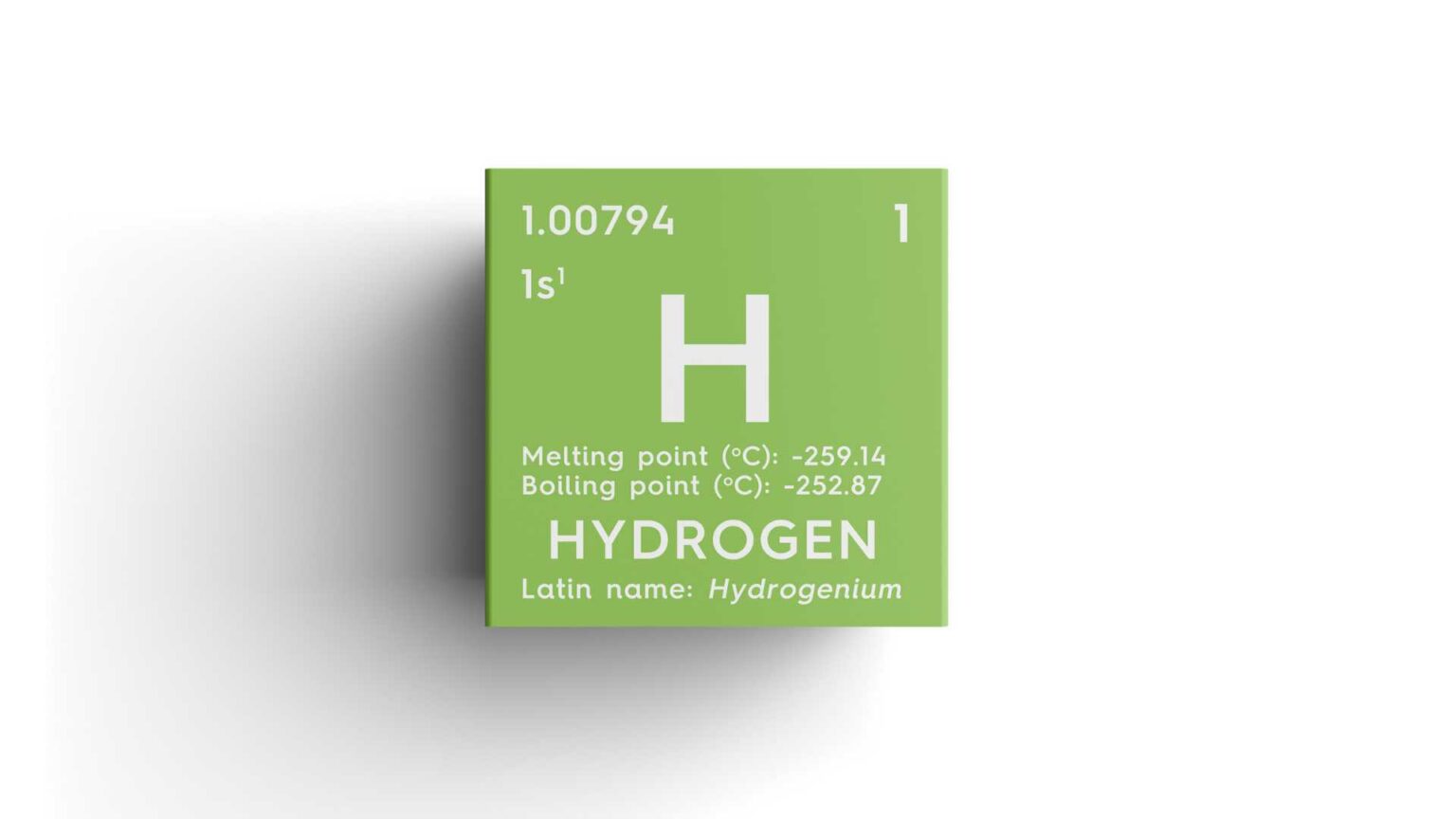In the latest issue of the International Journal of Hydrogen Energy, researchers Rania Ahmed, Sara A. Shehab, Omar M. Elzeki, Ashraf Darwish, and Aboul Ella Hassanein have introduced an advanced AI model designed to optimize green hydrogen production.
Their paper, titled “An Explainable AI for Green Hydrogen Production: A Deep Learning Regression Model,” presents a breakthrough in predictively optimizing hydrogen generation.
The Optimized Hydrogen Generation-based Regression (OHGR) model developed by the team utilizes a sophisticated deep learning architecture. This model is capable of forecasting hydrogen production by adjusting critical variables such as temperature, pressure, and humidity. Using a novel approach that integrates multiple neural networks with crossover connections through a variety of activation functions, the model predicts hydrogen output with high accuracy.
Key findings from the research indicate that the OHGR model significantly improves hydrogen production predictions in proton fuel cells. The empirical evaluation metrics, including Root Mean Square Error (RMSE) and R-squared (R²), demonstrate the model’s efficiency, with an RMSE of 0.220 and an R² of 0.564. These findings position OHGR as a leading contender over existing models in the field.
Technical Innovations
The OHGR model’s ability to predict hydrogen production hinges on its incorporation of an advanced optimization engine that identifies the most effective conditions for hydrogen generation. By accepting input variables through principal component analysis, the model aligns its predictions with the most impactful features. Notably, the SHapley Additive exPlanations (SHAP) method ensures the model’s transparency and reliability, providing a trusted AI tool for stakeholders.
The potential applications of this research are extensive within the hydrogen industry, particularly for sustainable energy production. By optimizing the operational conditions of proton fuel cells, the OHGR model can significantly enhance the efficiency of hydrogen generation processes. This advancement is crucial as the global energy market shifts toward renewable energy sources to mitigate climate change impacts.





